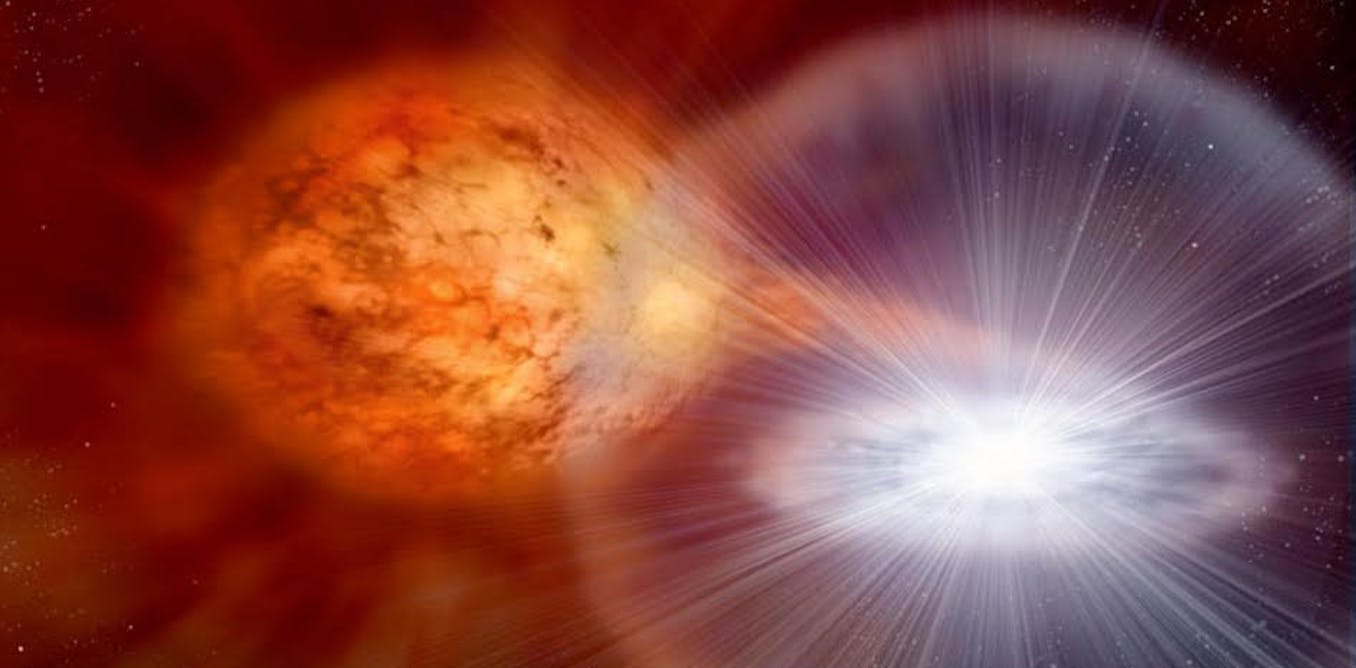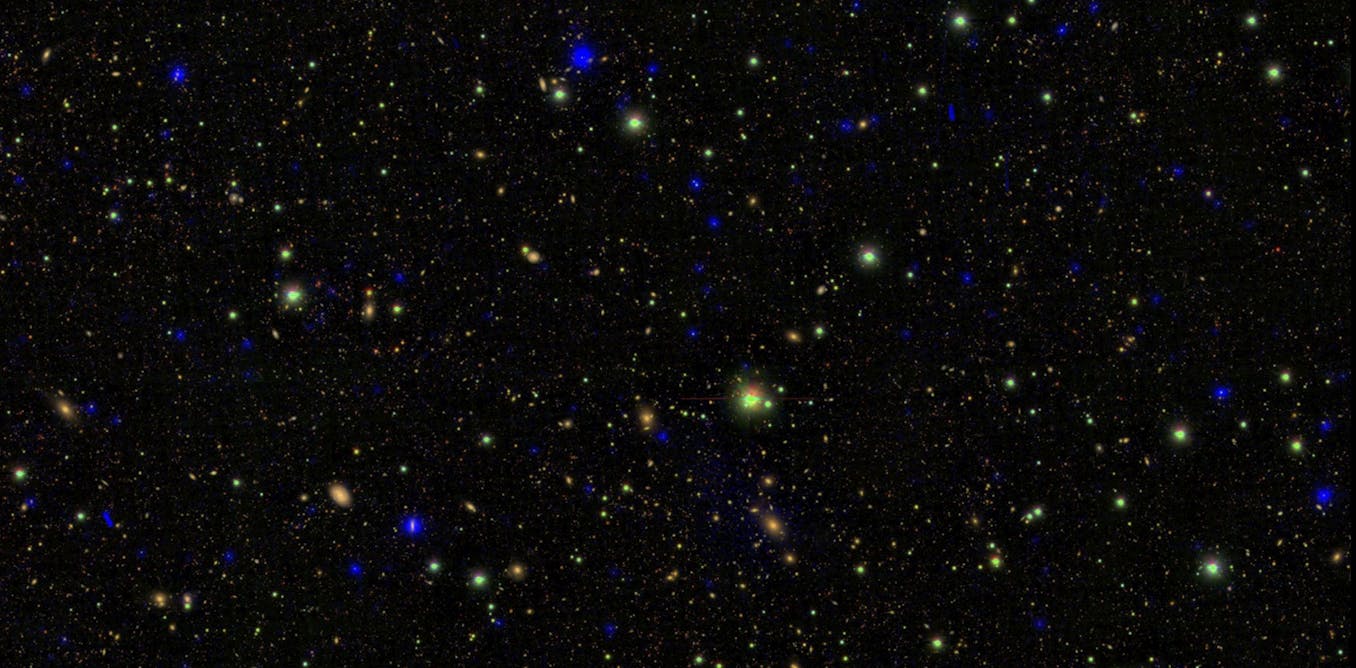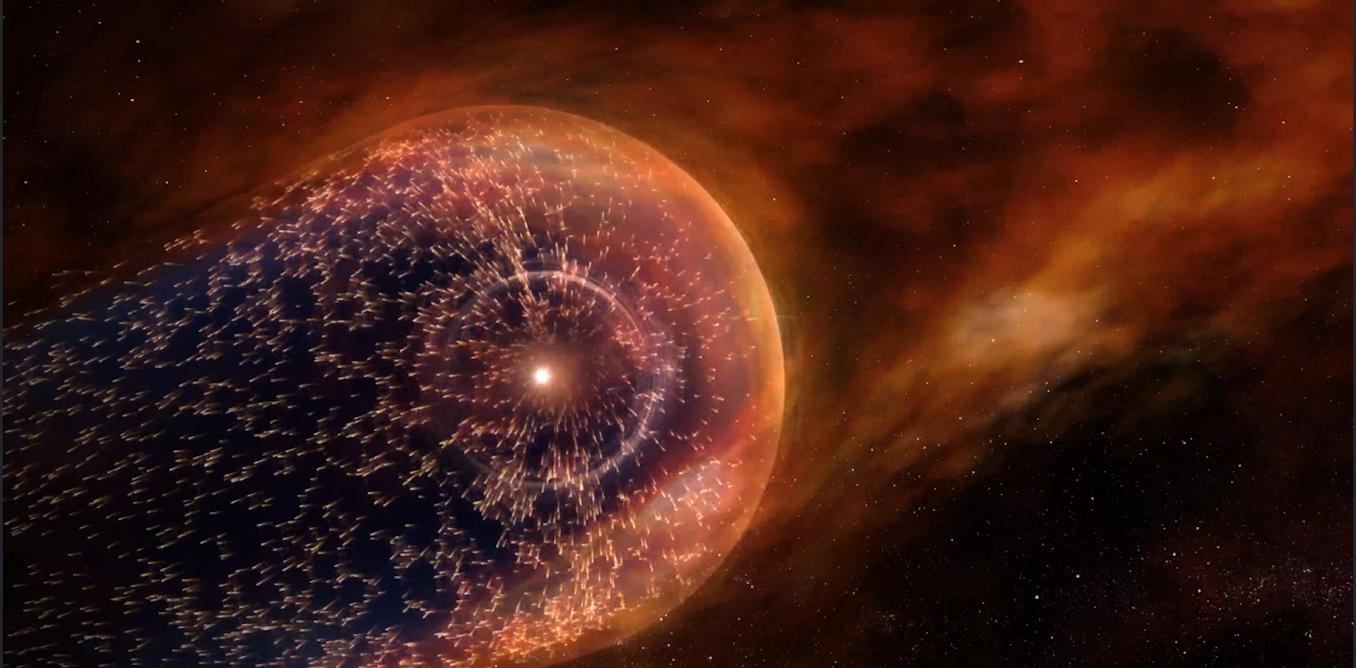Chang'e 6 brought rocks from the far side of the Moon back to Earth − a planetary scientist explains what this sample could hold
The far side of the Moon has a very different composition from the near side − so researchers are eager to see what stories these samples will tell.
Aug. 6, 2024 • ~9 min










